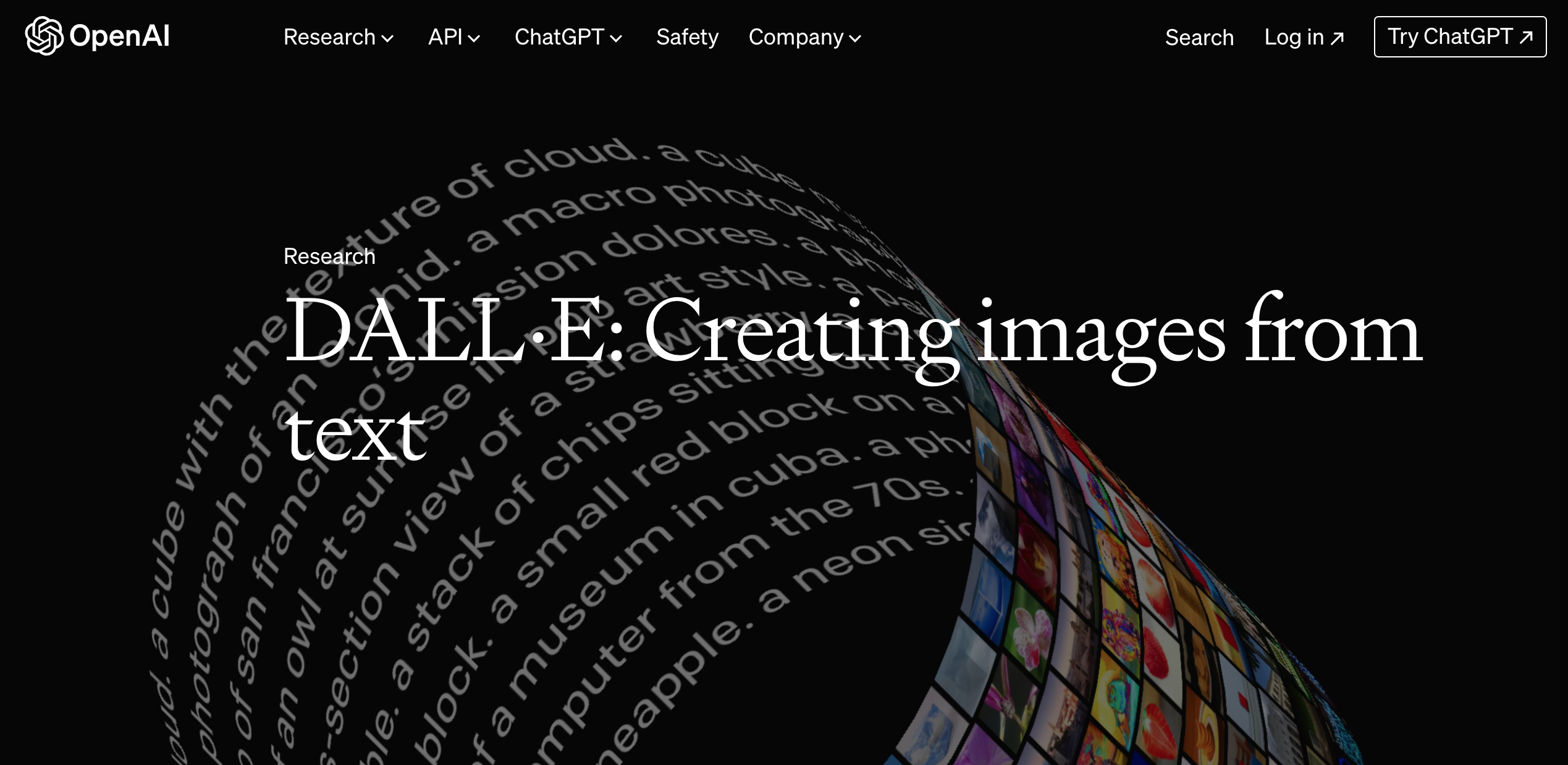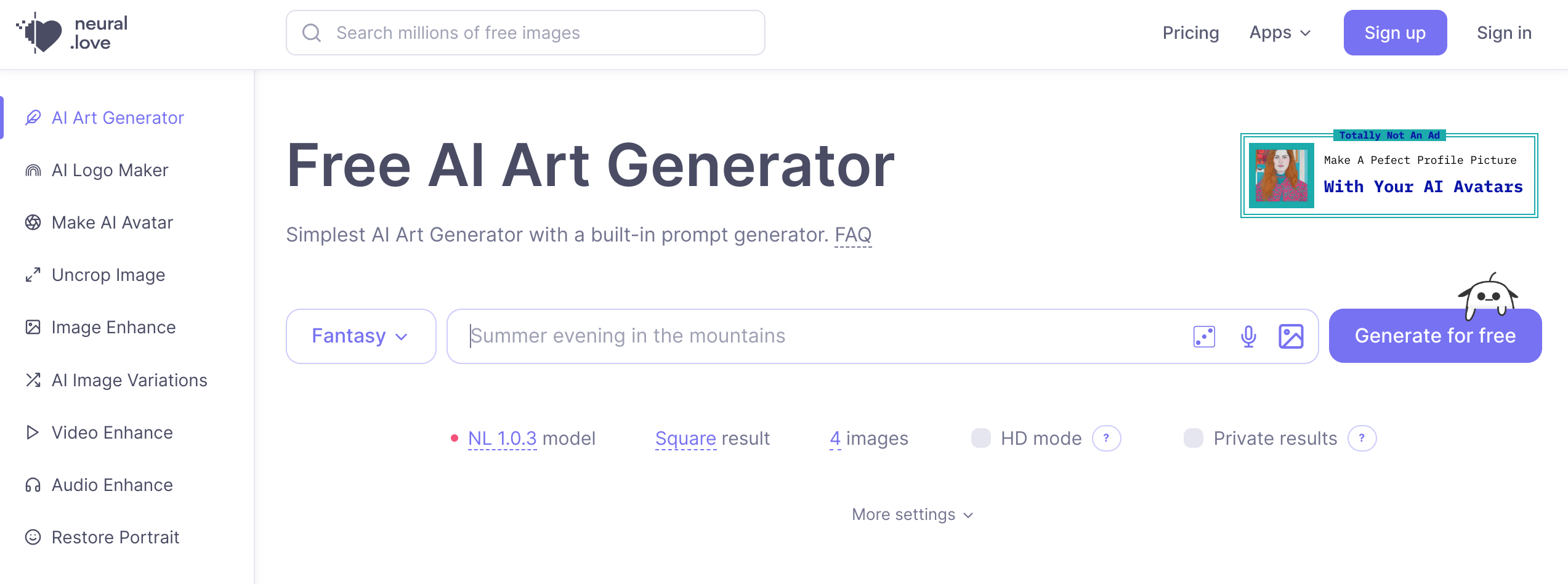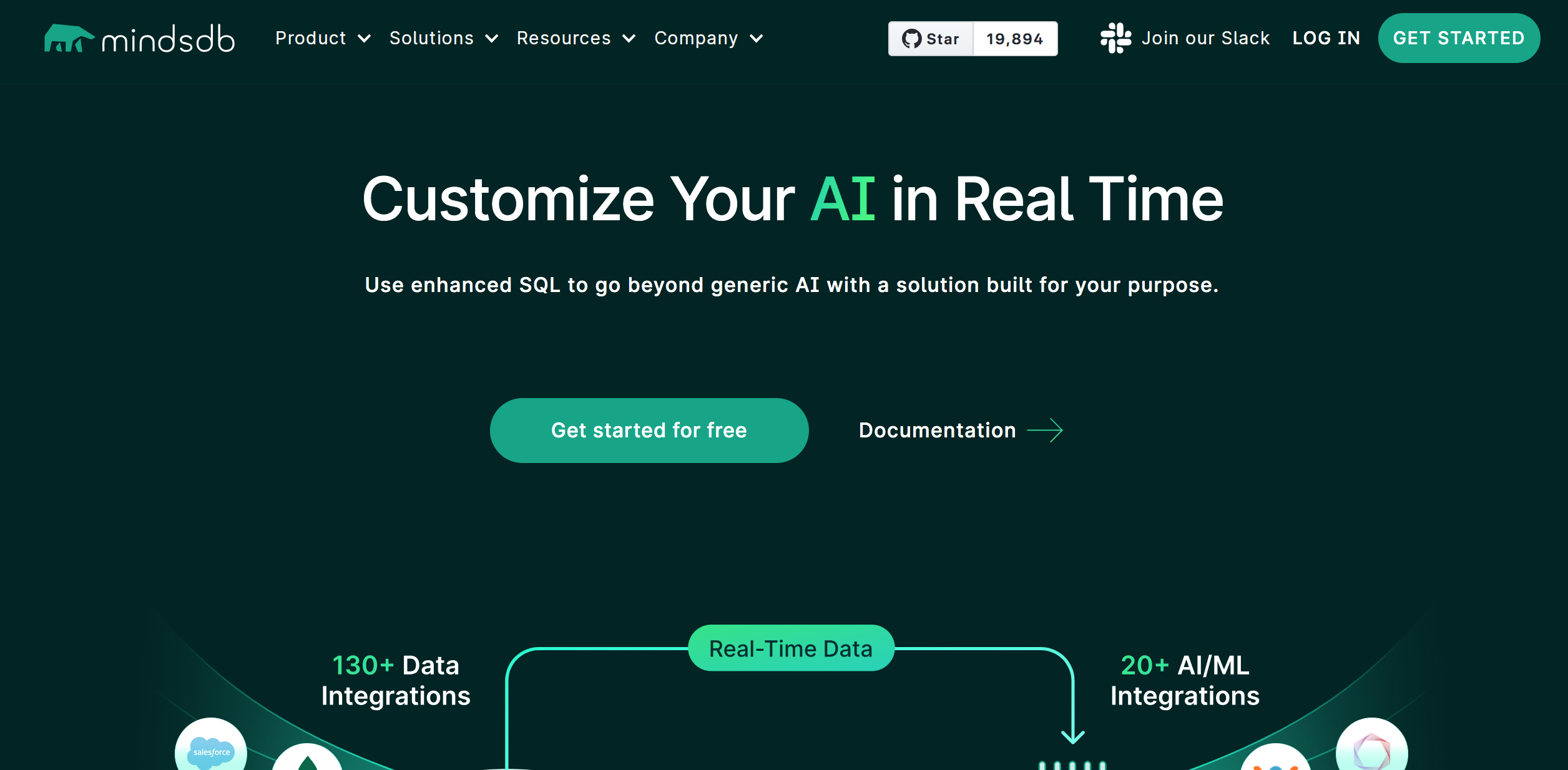I. Introduction
Aleph Zero is a new blockchain technology that aims to revolutionize the decentralized finance (DeFi) industry. With its innovative approach to consensus and scalability, Aleph Zero aims to create a blockchain that can handle millions of transactions per second, all while remaining secure and decentralized. In this review, we will take a closer look at Aleph Zero and explore its potential as a game-changing technology for the world of DeFi.
II. What is Aleph Zero?
Aleph Zero is a blockchain platform that was first introduced in 2018. It was created by a team of developers who were unsatisfied with the current state of blockchain technology, particularly in regards to scalability and security. The goal of Aleph Zero is to create a blockchain that is both scalable and secure, using a unique consensus mechanism and cryptographic techniques.
III. How Does Aleph Zero Work?
Aleph Zero uses a consensus mechanism called proof of authority, which allows for fast and efficient block creation. This is achieved by using a small number of trusted validators who are responsible for validating transactions and creating new blocks. The consensus mechanism is also designed to be energy-efficient, as it does not require intensive computing power like proof of work.
One of the key innovations of Aleph Zero is its use of cryptographic techniques to ensure the security and privacy of transactions. Aleph Zero uses a technology called zero-knowledge proofs, which allows for transactions to be verified without revealing any sensitive information. This means that users can make transactions on the blockchain without compromising their privacy.
IV. Pros of Aleph Zero
- Scalability: Aleph Zero is designed to be highly scalable, with the ability to handle millions of transactions per second. This makes it a promising technology for the world of DeFi, which requires fast and efficient transactions.
- Security: Aleph Zero uses a variety of cryptographic techniques to ensure the security of transactions, including zero-knowledge proofs. This means that transactions are private and cannot be traced back to individual users.
- Energy-efficient: Unlike other consensus mechanisms like proof of work, proof of authority is designed to be energy-efficient. This means that Aleph Zero can achieve fast and efficient block creation without requiring intensive computing power.
V. Cons of Aleph Zero
- Centralization: Aleph Zero’s use of a small number of trusted validators has led to criticism that it is too centralized. This could potentially lead to issues with censorship and control.
- Limited Adoption: As a relatively new technology, Aleph Zero has yet to be widely adopted by the DeFi community. This means that it may take time for the technology to gain traction and become more widely used.
VI. Use Cases for Aleph Zero
Aleph Zero has a wide range of potential use cases, particularly in the world of DeFi. Its scalability and security make it a promising technology for a variety of applications, including:
- Decentralized Exchanges: Aleph Zero could be used to create decentralized exchanges that can handle high volumes of transactions.
- Payment Systems: Aleph Zero’s fast and efficient transaction processing makes it a promising technology for payment systems.
- Supply Chain Management: The use of zero-knowledge proofs in Aleph Zero makes it a promising technology for supply chain management, as it allows for transactions to be verified without revealing sensitive information.
VII. Conclusion
In conclusion, Aleph Zero is a unique project that aims to solve the scalability issues of blockchain technology by providing a scalable and fast infrastructure for decentralized applications. Its use of DAG technology and the consensus algorithm, Supernode Proof-of-Stake, sets it apart from other blockchain platforms. With a team of experienced developers and advisors, Aleph Zero has the potential to become a game-changer in the blockchain industry.
While the project is still in development, it has already made significant progress towards achieving its goals, including launching its mainnet and implementing a variety of features that make it attractive to developers and businesses. With its focus on scalability, security, and speed, Aleph Zero has the potential to become a preferred platform for developers looking to build scalable and secure decentralized applications.

















